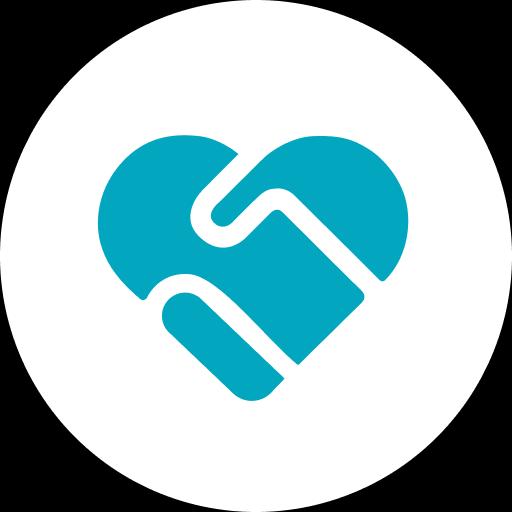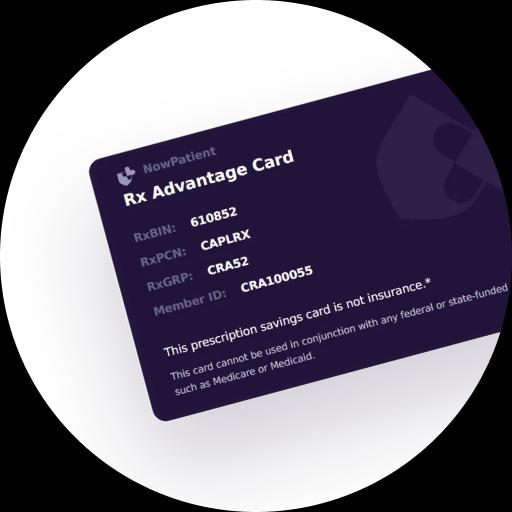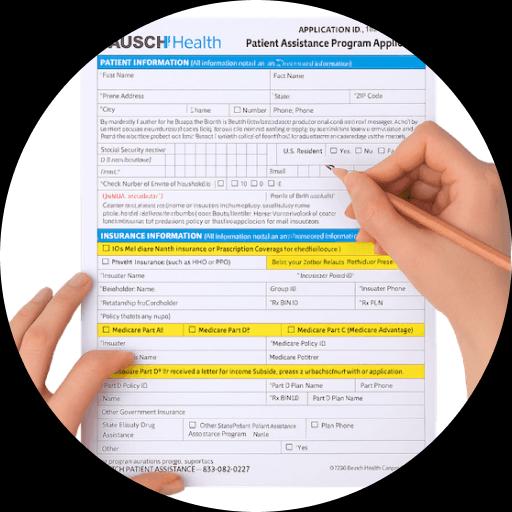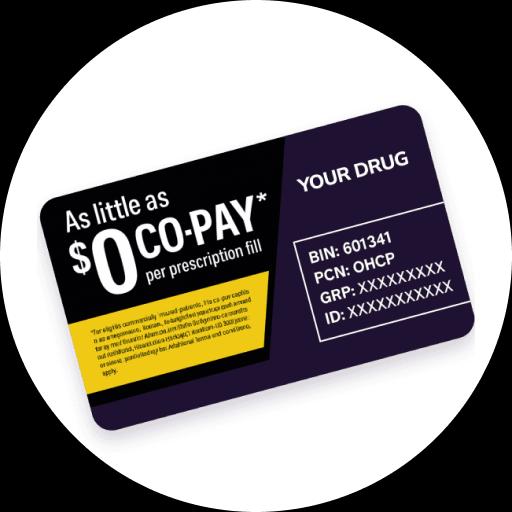Save on Erythromycin with Coupons, Discounts & Savings Programs


Start Saving Today!
Lower the Cost of Your Erythromycin Prescription
More great savings
View Related Brands
MEDICAL INFORMATION
Erythromycin Key Facts
What dosages is Erythromycin available in?
Erythromycin is available as a 0.5% ophthalmic ointment.
What is Erythromycin used for?
Erythromycin is a macrolide antibiotic and is used to treat a bacterial eye infection, and to prevent pink eye (conjunctivitis) in newborns who might be exposed to certain sexually-transmitted infections (STIs) from their mothers during birth.
How does Erythromycin work?
Erythromycin is a macrolide antibiotic. It stops the growth of bacteria by preventing them from making proteins that they need to survive.
How do I take Erythromycin?
Erythromycin is typically dosed as 1 centimeter of ointment in the affected eye(s) up to 6 times a day, depending on how serious the infection is.
Is it safe for me to take Erythromycin?
Erythromycin is a safe and effective treatment when used for FDA licensed indications. However, like all medications, they may give you unwanted side effects. You should always discuss potential side effects with your physician to ensure the medication is suitable and right for you.
Erythromycin Common Side Effects
Common side effects of Erythromycin include:
- Mild eye irritations
- Eye redness
Erythromycin Serious Side Effects
Serious side effects are rare with Erythromycin. Contact your healthcare provider immediately if you experience any of the following:
- Severe allergic reaction such as swollen eyelids, redness, itching, rash, shortness of breath
Effects of other drugs, drug classes and over-the-counter products on Erythromycin
- There are no major drug interactions listed for Erythromycin. However, you should always let your physician and pharmacist know about any other medications or supplements (including prescribed and over-the-counter medications, vitamins, and dietary or herbal supplements) that you are currently taking
Who makes Erythromycin?
Various FDA-approved generic manufacturers
Is Erythromycin safe in pregnancy?
It is not known if Erythromycin will harm your unborn baby. You should talk to your healthcare provider before taking this medication if you are pregnant.
What is the brand name for Erythromycin?
Medical Disclaimer
NowPatient has taken all reasonable steps to ensure that all material is factually accurate, complete, and current. However, the knowledge and experience of a qualified healthcare professional should always be sought after instead of using the information on this page. Before taking any drug, you should always speak to your doctor or another qualified healthcare provider.
The information provided here about medications is subject to change and is not meant to include all uses, precautions, warnings, directions, drug interactions, allergic reactions, or negative effects. The absence of warnings or other information for a particular medication does not imply that the medication or medication combination is appropriate for all patients or for all possible purposes.
OUR CUSTOMERS VIEW
What Customers Love About Our Service
We want everyone to be happy and healthy, that’s what keeps us going. Read what some of them have to say about us.
Medicines Experts
Meet Our Medical Team
We are a broad skilled and passionate group of clinicians with experience of operating in health systems in the United Kingdom & United States. Providing excellent care and advice is at the heart of everything we do. You can read more about our medical team by visiting the medical team page or learn more about how we curate content by visiting our editorial process

























